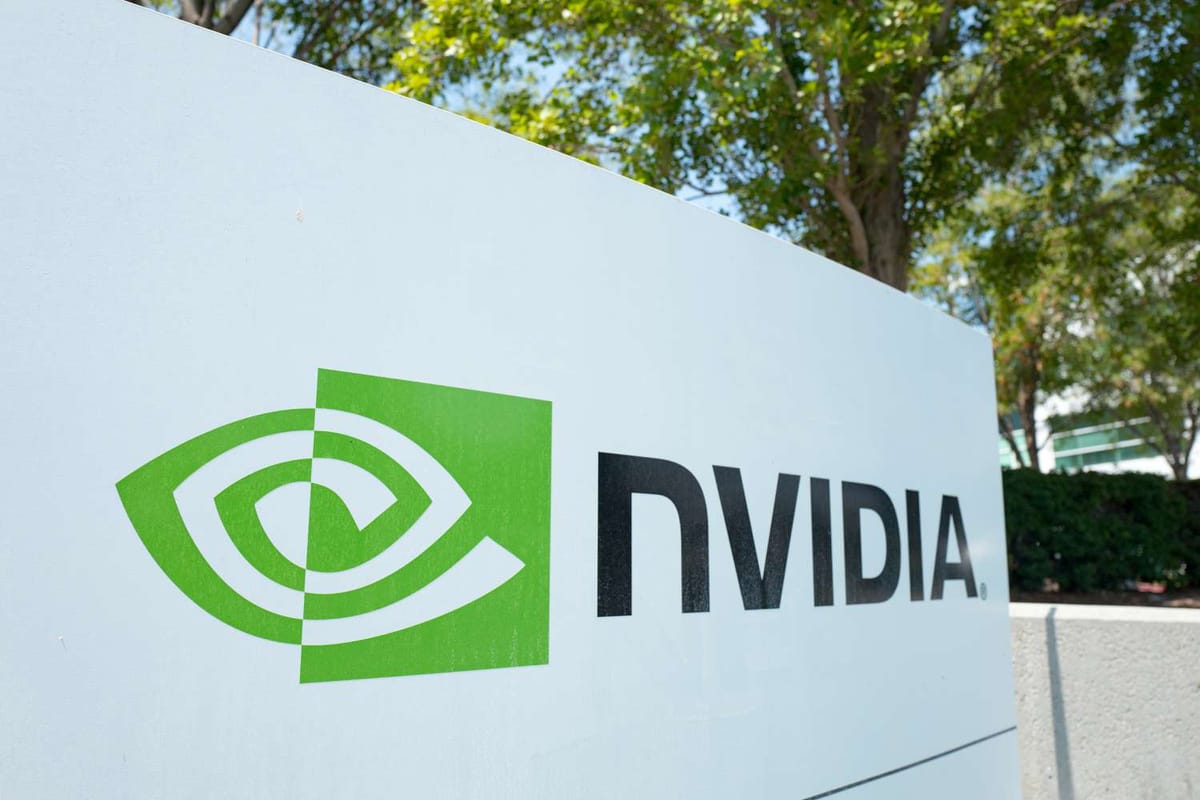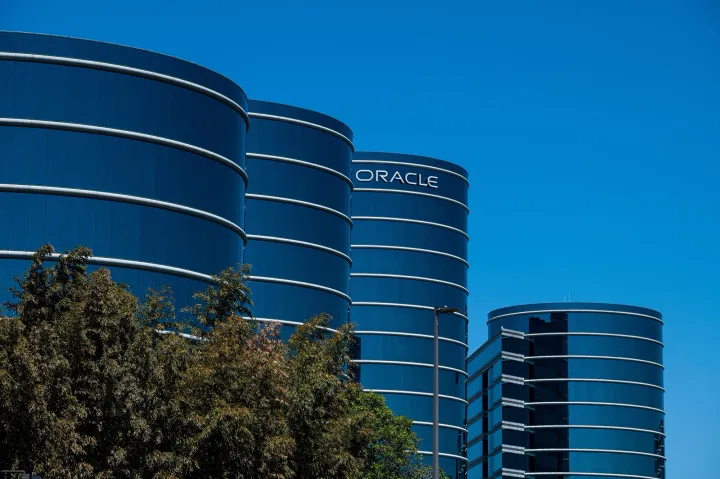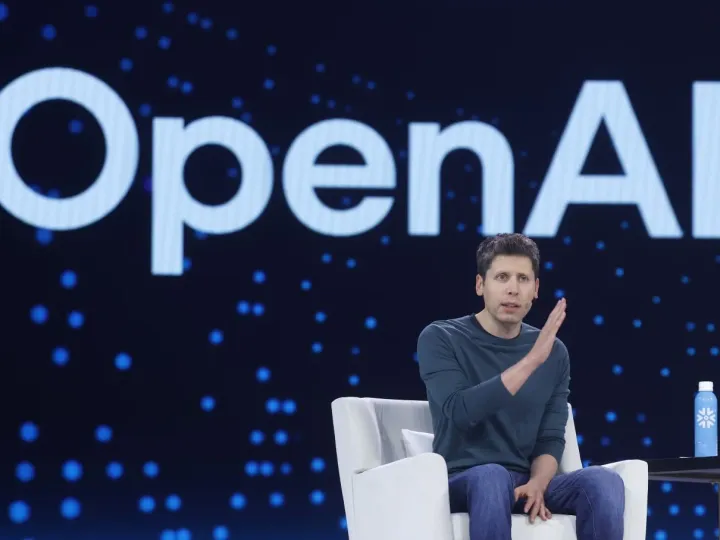Nvidia’s China Dream Shattered: AI Chip Ban Triggers Massive Loss

Nvidia Faces $5.5 Billion Hit After U.S. Blocks AI Chip Sales to China
A Major Setback for Nvidia’s AI Expansion Plans
Nvidia, the world's top AI chipmaker, is facing a massive $5.5 billion charge after the U.S. government announced new restrictions on the export of its powerful H20 AI chip to China. The decision deals a major blow to Nvidia’s business in one of its largest and fastest-growing markets.
What Happened: U.S. Bans Nvidia’s H20 Chip in China
U.S. Tightens AI Export Controls
The U.S. government has been tightening rules around AI technology exports to prevent China from gaining access to advanced computing power. On April 9, Nvidia was informed that its H20 chip would now require a special export license, and on April 14, officials confirmed that these rules would remain in place indefinitely.
Nvidia’s H20 chip, which was specially designed to meet previous export regulations, has now been deemed too risky—especially for its potential use in Chinese supercomputers.
Why the U.S. Blocked the H20 Chip
Concern: Supercomputers Could Be Built in China
Although the H20 chip isn't Nvidia’s fastest AI chip, it has advanced memory and connectivity features that make it powerful enough to help build supercomputing systems. These supercomputers could be used for military purposes, surveillance, or even to train cutting-edge AI models—which the U.S. wants to restrict.
According to the Institute for Progress, a D.C.-based policy think tank, Chinese tech giants like Tencent and DeepSeek are already using the H20 chip in ways that may violate export restrictions.
“Tencent has reportedly installed H20s in facilities used for training large AI models. DeepSeek’s new V3 model may also be in violation,” the group warned.
Why H20 Was So Important to Nvidia’s China Strategy
Big Demand from Chinese Tech Giants
The H20 chip was Nvidia’s most advanced AI chip still allowed for sale in China after earlier export bans on more powerful models. Chinese companies like Tencent, Alibaba, and ByteDance (parent of TikTok) had placed large orders for the H20 due to a surge in demand for low-cost AI models, especially those developed by rising Chinese startup DeepSeek.
The chip wasn’t as powerful at training AI models, but it excelled at inference—the process of generating real-time responses or predictions, which is now the fastest-growing segment in the AI chip market.
Nvidia CEO Jensen Huang had recently said that Nvidia is well-positioned to lead in this inference market. But the latest U.S. move puts that advantage in jeopardy—at least in China.
Nvidia’s $5.5 Billion Charge Explained
Inventory, Contracts, and Reserve Losses
As a result of the new rules, Nvidia said it will record a $5.5 billion charge tied to:
- Unsellable inventory of H20 chips
- Purchase commitments it may now have to cancel
- Financial reserves linked to related losses
This charge is one of the largest single hits the company has taken, and reflects the deep impact of U.S. export policy on private industry.
Market Reaction: Nvidia Shares Tumble
Investors Worry About Future China Revenue
Following the announcement, Nvidia shares fell nearly 6% in after-hours trading. Investors are worried that China, once a massive revenue stream for Nvidia’s AI business, may now become less accessible, especially if export rules continue tightening.
While Nvidia did not comment beyond its filing, the U.S. Department of Commerce also did not immediately respond to press inquiries.
Is the H20 Ban the End of Nvidia in China?
Experts Say Workarounds May Be Limited
Nvidia has previously tried to redesign its chips to meet U.S. guidelines while still keeping up with China’s AI demand. But with the H20 now being restricted, it's unclear how much more the company can dial down performance while still offering competitive products.
And with the U.S. making the rules permanent, the possibility of receiving licenses for H20 exports to China seems slim—for now.
Nvidia’s U.S. Pivot: A $500 Billion AI Server Project
New Investments in American Manufacturing
Interestingly, just a day before the ban, Nvidia announced plans to invest up to $500 billion over the next four years to build AI server infrastructure in the U.S. This massive project, done in collaboration with partners like TSMC, is in line with former President Donald Trump’s push for American-made technology.
The timing of this announcement, just before the China restrictions were finalized, signals Nvidia’s growing emphasis on domestic production and less reliance on foreign markets.
What This Means for the Global AI Race
The U.S.-China Tech Battle Intensifies
This move is part of a broader AI tech war between the U.S. and China. The U.S. is aggressively limiting China’s access to leading-edge semiconductors, supercomputing tools, and even AI research models.
For Nvidia, it means tough choices ahead—balancing growth in global markets while complying with national security-driven export rules.
For China, it might accelerate efforts to build homegrown AI chips and reduce reliance on U.S. suppliers, as seen with Huawei’s recent AI chip efforts.
A High-Stakes AI Power Struggle
Nvidia’s $5.5 billion loss shows how deeply politics and technology are now intertwined. AI chips have become a core battleground in the fight for economic and strategic dominance between the world’s two largest powers.



